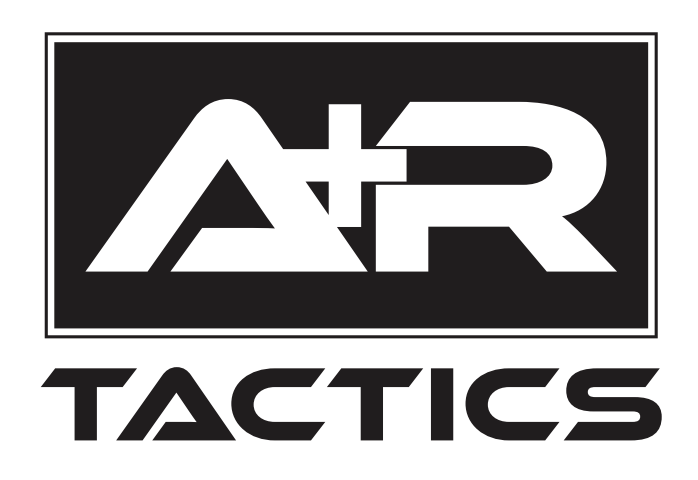The Power of Acting Fast: How Early Intervention Can Prevent Crisis
In moments of conflict, time is everything. A situation can shift from tense to dangerous in a matter of seconds. This is why early intervention is a crucial skill—especially in environments where emotions run high, such as schools, workplaces, and public spaces.
Recently, a teacher demonstrated the power of quick decision-making when faced with an escalating interaction. Recognizing the warning signs of potential conflict, she acted swiftly and initiated security protocols before the situation spiraled out of control. This proactive response made all the difference, ensuring that safety remained the priority.
Why Early Action Matters in De-escalation
When tensions rise, hesitation can create openings for conflict to escalate. Acting early does not mean overreacting—it means recognizing red flags, setting clear boundaries, and taking steps to keep control of the situation. Here’s why it’s important:
Prevention is Better Than Reaction
By addressing a situation before it becomes unmanageable, we shift from crisis response to crisis prevention. Early intervention can stop an issue before it turns into a full-blown emergency.De-escalation Reduces Risk
Whether dealing with an aggressive individual, a heated workplace dispute, or a volatile customer, swift action helps diffuse tension and minimizes the chances of harm.Training Builds Confidence
This teacher and her school system didn’t rely on luck—they invested in training. Their commitment to preparedness through professional security training meant that when the moment came, she didn’t hesitate. She recognized the risk, took action, and maintained control.Protecting Everyone Involved
Fast action doesn’t just protect the individual at risk—it safeguards the entire environment. In schools, businesses, and public settings, proactive measures ensure that security professionals can step in before the situation worsens.
The Role of Training in Preparedness
The school system involved in this incident didn’t just hope for the best—they committed to growth. They traveled to Charlotte for a two-day intensive training with A+R Tactics, where teachers, security officers, and administrators learned how to handle high-stress situations effectively.
This kind of preparedness isn’t just about responding to threats—it’s about fostering a culture of awareness, quick decision-making, and confidence under pressure. Schools, businesses, and organizations that invest in real-world scenario training are better equipped to handle the unexpected.
Acting Fast Saves Lives
Situations can escalate in seconds, but decisive action can change the outcome. Whether you’re a teacher, a security officer, a business owner, or just someone who wants to be prepared, understanding how to de-escalate quickly is a skill worth mastering.
At A+R Tactics, we salute those who take the initiative to train, prepare, and act before a crisis happens. If you want to ensure your team is ready for the unexpected, now is the time to invest in the right training.
💬 What do you think? Should security have been called early in this situation, or do you think there was another way to handle it? Drop your thoughts in the comments!
